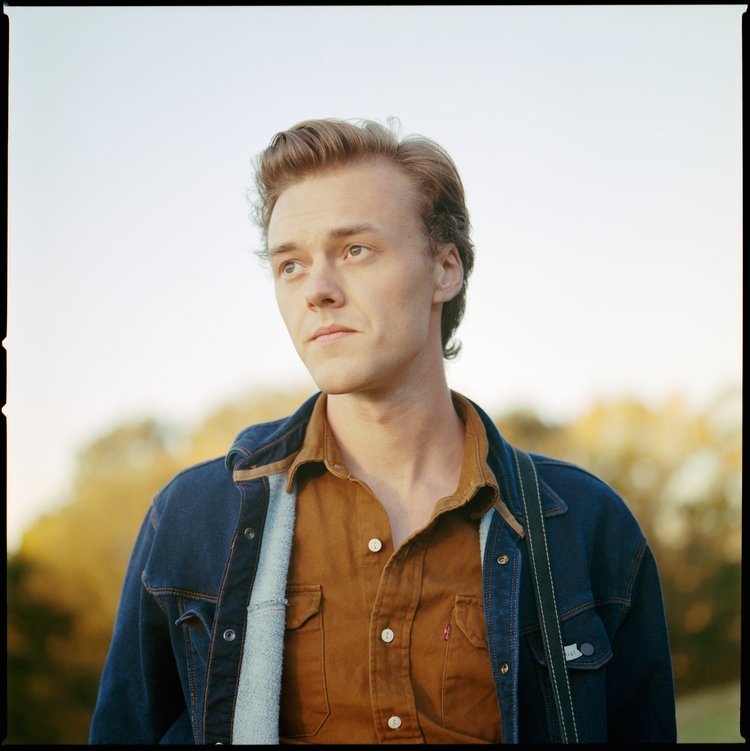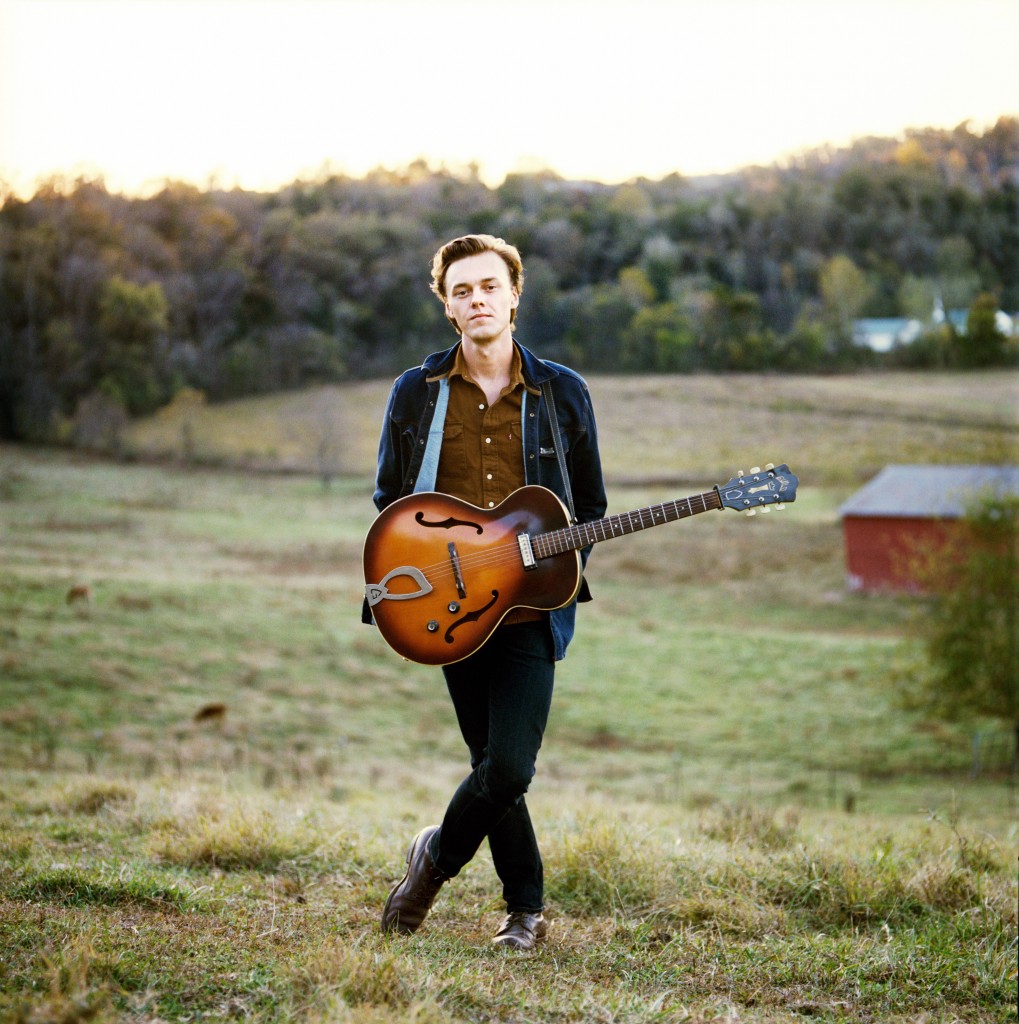Culture
Pulling From Many Wells: Speaking With Parker Millsap
By: Emily Votaw
Posted on:
Parker Millsap has a twang in his voice that betrays his Purcell, OK roots, and when he flips through his records, there’s joy in it. He’s got the Allman Brothers on deck, several of George Harrison’s solo efforts; a compilation entitled The Music of Venezuela.
When WOUB calls him one frosty winter morning, Millsap is listening to The Blue Mask, Lou Reed’s most domestic and among his most introspective mid-career albums.
“(Lou Reed) has these simple little turns of phrase, and you never know what you’re going to get,” said Millsap. “But it’s something wild every time.”
Perhaps the same could be said of Millsap’s lyricism. Abounding in clever Protestant religious imagery, Millsap’s songs are wry, witty, and achingly sincere. Give one of Millsap’s albums a whirl and you’ll hear the genre known as “Americana,” but you’ll also catch something else that’s harder to nail down.
“I don’t think of the music I make in the context of being Americana – I just grew up listening to a lot of what people call Americana – lots of blues and gospel, and when I started writing songs, it just started coming out that way,” Millsap said. “I grew up making music in the church, and the connotation that that type of music carries runs pretty deep for me. Not that popular music means less to me, but there are just certain wells that I draw from that I can’t deny because I grew up with them.”
Those diverse wells feed the art that Millsap makes, something that is strikingly evident on The Very Last Day, Millsap’s most recent release, which is essentially a full-length meditation on one of humanity’s (and particularly religious humanity’s) favorite scabs to pick: the apocalypse.
The album’s opener, “Hades Pleads,” draws from deep aesthetic, musical, and cultural wells. Aside from the immediate reference to the Grecian hell god, the song also stomps with the tenacity of a fearlessly dirty blues song; Millsap’s rhythmic panting and coos aching with want and despair all at once.

“Morning Blues,” a song that perhaps could be said to be about a minute personal apocalypse, has a loose, shrugging lick of see-sawing zydeco under its folk-pop sheen. “Jealous Sun” lilts with a playful melancholy that seems one part Cat Stevens and one part church hymn. “Wherever You Are” is a singsong take on a nursery rhyme, a songwriting strategy Millsap is no stranger to. Check out “Quite Contrary” on his 2014 self-titled effort for another sultry take on a Mother Goose rhyme.
Millsap plucks small things out of us: snippets of things we sang as children, songs we heard on a radio a long time ago, books we were forced to read, and forges them into song.
“There are certain melodies and chord changes that are evocative, that really resonate deeply – I grew up hearing them in church, and now I have my own individual spirituality, like most people probably do – but there is something about church music that’s bigger than church,” said Millsap. “Like, with the pentatonic scale, a lot of folk and gospel and blues music – and a lot of other music from all over the world, just comes from in between those five notes. But there are just five notes there. It’s really simple. It’s very human. And there’s something very human about simple music.”
Millsap wrote The Very Last Day over the course of a year and a half, being a self-proclaimed “slow writer.”
“Right before we start recording, I usually panic and write a few songs, and that’s what happened, this time, too,” he said, describing the process as rehearsing for about two weeks before heading into the studio for a live recording. “It was a blast, it was more fun than any other recording experience that I’ve ever had. I think that comes through on the record, too. You can tell that we are having fun.”
“The Day John Kennedy Died,” one of the final tracks on Lou Reed’s The Blue Mask, is a poetic reminiscence over its namesake event; a story of sorts. Much in the same narrative lyrical tradition as Millsap’s popular “Truck Stop Gospel” and his more recent “Heaven Sent” and “Hands Up,” songs that tell the tales of troubled people considering troubling things and the veil through which they see their own world.
“(Lou Reed) is so great because he’s so singularly him,” said Millsap. “I’m really attracted to artists who are like that.”
Parker Millsap will perform at Ohio University Lancaster’s Wagner Theatre as a part of the school’s Covered Bridge series on Saturday, April 8. Doors open at 7 p.m., the show starts at 8 p.m. and tickets are available now.


